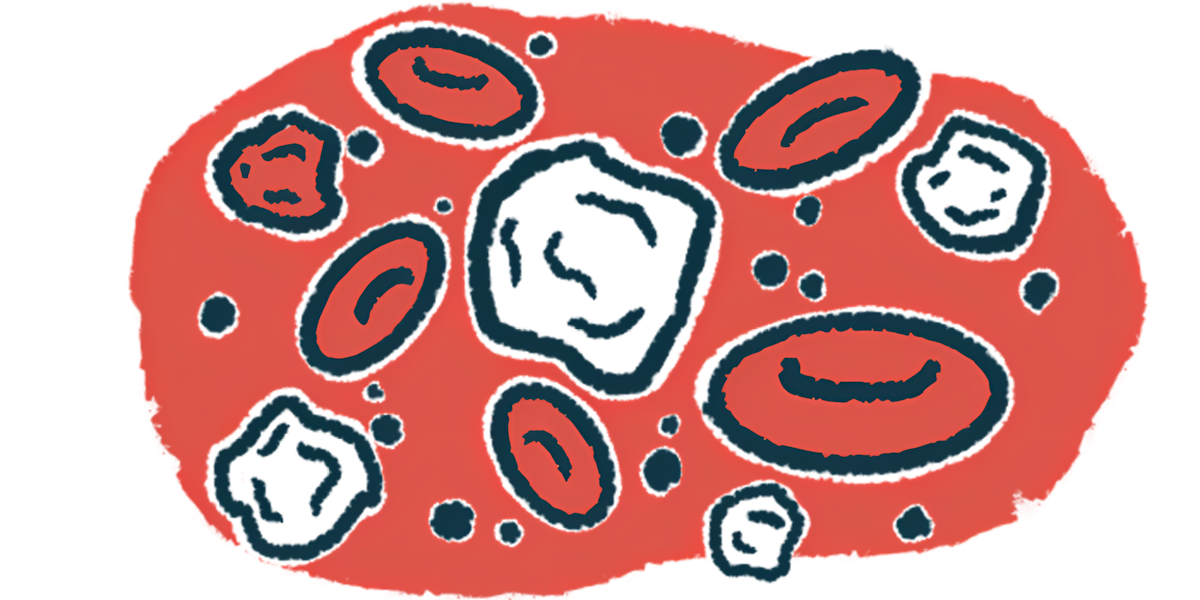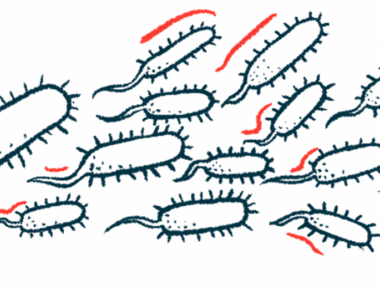CAR T-cell therapy successfully treats man’s acquired hemophilia A
Doctors turned to procedure after standard therapies failed, study reports
Written by |

CAR T-cell therapy, a type of treatment that weaponizes the body’s immune system and was originally developed to treat cancer, for the first time successfully treated a patient with acquired hemophilia A (AHA), a study reported.
The study, “Anti-CD19 CAR-T cell therapy for acquired hemophilia A,” was published in Leukemia.
Hemophilia A is marked by a deficiency in a clotting protein called factor VIII (FVIII). The lack or dysfunction of FVIII puts patients at an increased risk of excessive and prolonged bleeding episodes. The disease is caused by genetic mutations in the gene that provides instructions to make the FVIII protein.
AHA is a rarer form of hemophilia that arises due to an autoimmune reaction, in which the body’s immune system makes antibodies that erroneously attack the FVIII protein, preventing it from working properly.
The 39-year-old man was treated at Hannover Medical School’s hemophilia center in Germany, where he arrived with “a life-threatening autoimmune disorder, which means that his misdirected immune system has produced antibodies against his body’s own coagulation factor,” Andreas Tiede, MD, PhD, co-author of the study and head of Hannover’s hemophilia center, said in a medical school news story.
Using CAR T-cells to destroy disease-driving cells
CAR T-cell therapy involves harvesting T-cells, a type of immune cell capable of killing other cells, and equipping them with a chimeric antigen receptor, or CAR, which directs them to attack a specific target. The modified T-cells can be infused into the patient to eliminate the cells harboring that specific target. This type of treatment was originally developed to treat cancer, but in recent years has been increasingly explored for treating autoimmune diseases. The basic idea is to use CAR T-cells to destroy the immune cells that are driving the autoimmune disease.
The patient in the study was referred to the researchers’ institution due to a massive hematoma affecting the iliopsoas muscle, the main muscle of the hip joint. He had high levels of anti-FVIII antibodies and was given several immunosuppressive treatments in an attempt to lower them, as well as other treatments to prevent and treat bleeds.
While the levels of self-targeting antibodies eventually declined with some of the treatments, FVIII-targeting antibodies were still detectable, and FVIII activity remained severely reduced.
Over the course of 10 months, the patient had several life-threatening bleeding episodes.
“None of the standard therapies worked for our patient, which is why we took a different approach,” said Christian Schultze-Florey, the study’s first author and a post-doctoral researcher at Hannover’s Institute of Immunology.
The patient underwent CAR T-cell therapy using a CAR that targets CD19, a protein that’s found on B-cells, the immune cells chiefly responsible for making antibodies, including the FVIII-targeting antibodies that cause AHA. The goal was to reduce the levels of disease-driving antibodies.
After completing a regimen of chemotherapy to destroy existing immune cells and make room for the engineered ones, the man received an infusion containing one million of CAR T-cells per kilogram of body weight. He was monitored for symptoms and potential complications.
The CAR T-cell treatment was generally well tolerated, and about two months after the infusion, the patient had no detectable anti-FVIII antibodies. He experienced one serious bleed about a month after the infusion, before antibody levels were reduced, but had no further notable bleeding episodes. He was also able to discontinue bleed preventive treatment.
“This report demonstrates that anti-CD19 CAR-T cell therapy can induce remission in refractory AHA, representing a promising, safe, and potentially cost-effective treatment option,” the researchers wrote.
The scientists called for further investigation into CAR T-cell therapy’s potential use as an AHA treatment.
“Although the treatment was very successful despite the poor initial conditions, this is an individual attempt at a cure,” Tiede said. “Further studies are needed to be able to offer the effectiveness of CAR-T cell therapy for acquired haemophilia A as a standard therapy at some point.”



